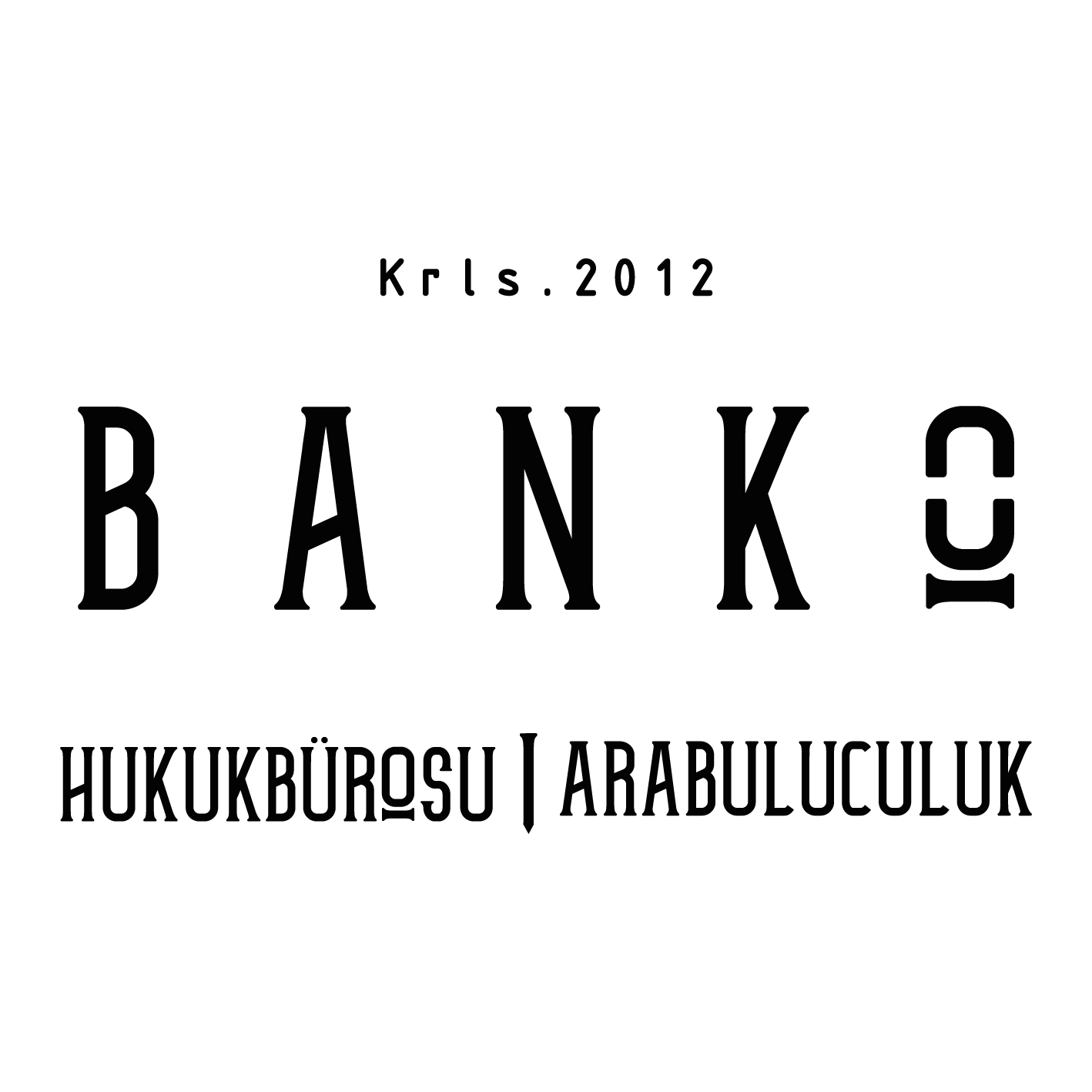İletişime Geçin
The Bills of Exchange are the most common legal exchange documents in commercial life. According to Turkish Commercial law, Bills of exchange consist of drafts, bills and cheques. In accordance with the numerus clasus principle, these three documents are the only bills of Exchange exist in the Turkish Law. Although it is possible to qualify as a negotiable instrument in a bill that does not qualify as a negotiable instrument, in accordance with Article 831 of the Turkish Commercial Code, a bill that does not qualify as a bill of exchange cannot be qualified as a bill of exchange in any way.
Fundemantally, each bills of exchange give its owner a right to receive money. Also The Bills of exchange are subject to strict form requirements. The way these bills can be issued and the minimum elements they must contain are regulated by The Turkish Commercial Code. A bill that is not prepared in accordance with the formal requirements stipulated in the law does not qualify as a bill of exchange. Bills of exchange are promissory notes abstract from the cause. In other words, any defects that occur in the legal relationship that caused the document to be issued do not affect the validity of the document. In addition, according to Turkish code of Obligations article 133 paragraph 2. binding an existing debt (for example, a money debt arising from a sales contract) to a bill of exchange is not considered a renewal unless the parties have a clear intention to renewal. Therefore, the issuance of a bill of exchange does not, as a rule, terminate the legal relationship. Therefore, unless otherwise specified when the bill of exchange is drawn up, a foreign exchange relationship is created in addition to the existing legal relationship (for example, a sales contract). The creditor may assert his right to demand based on the sales contract or the bill of exchange.
